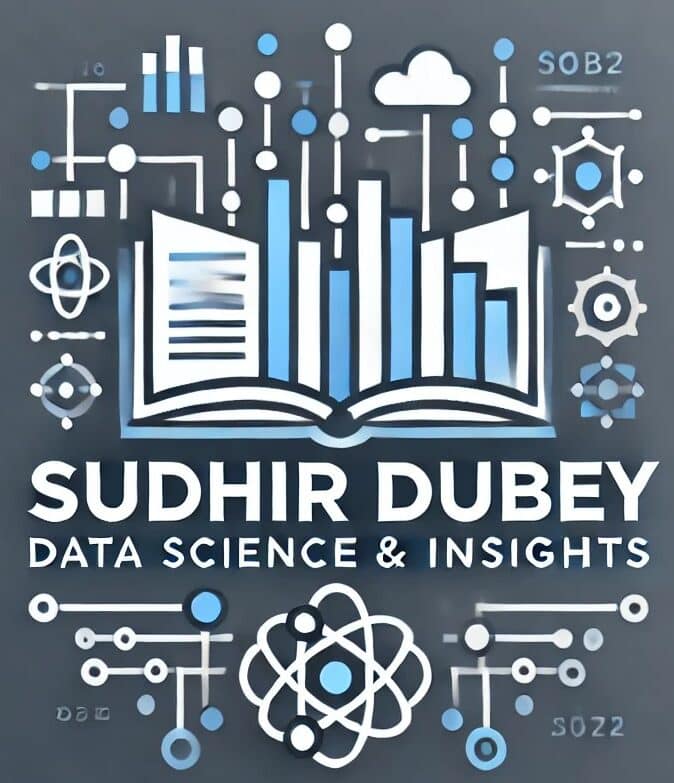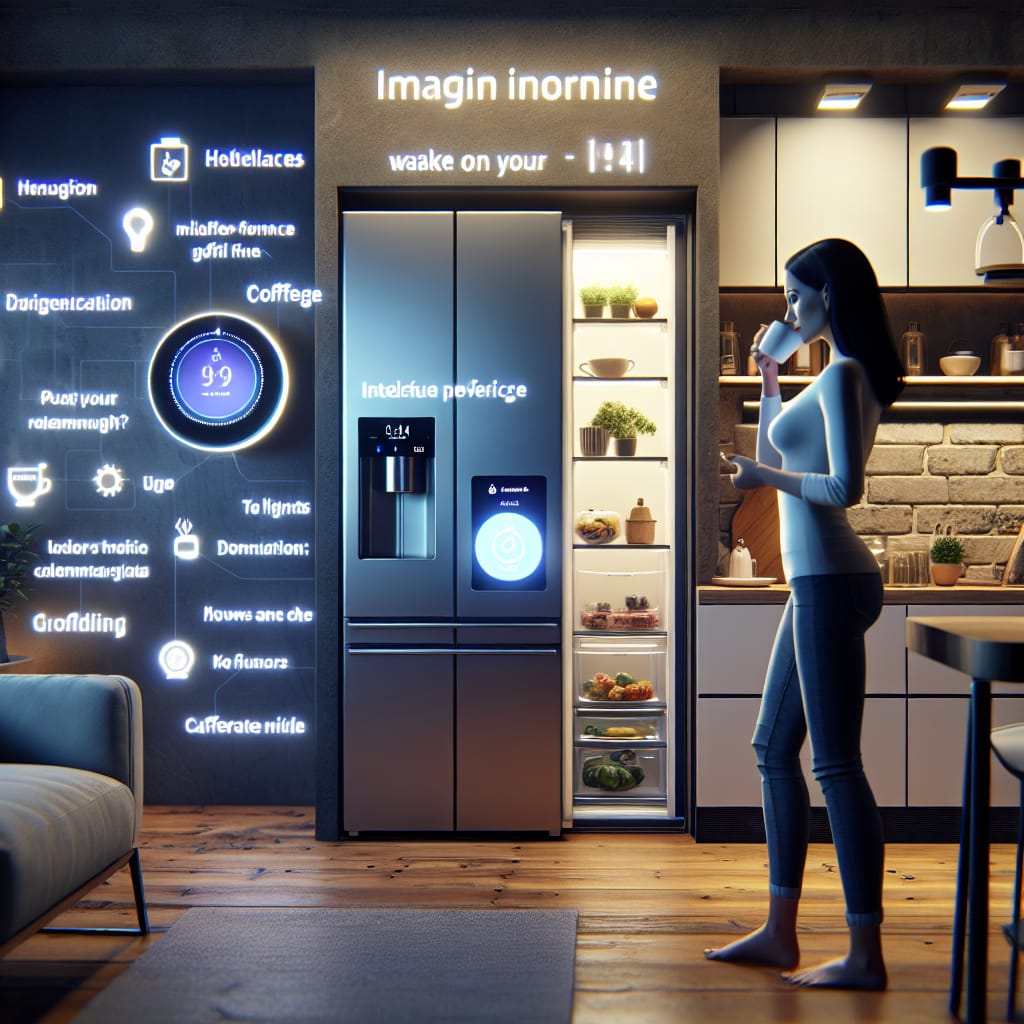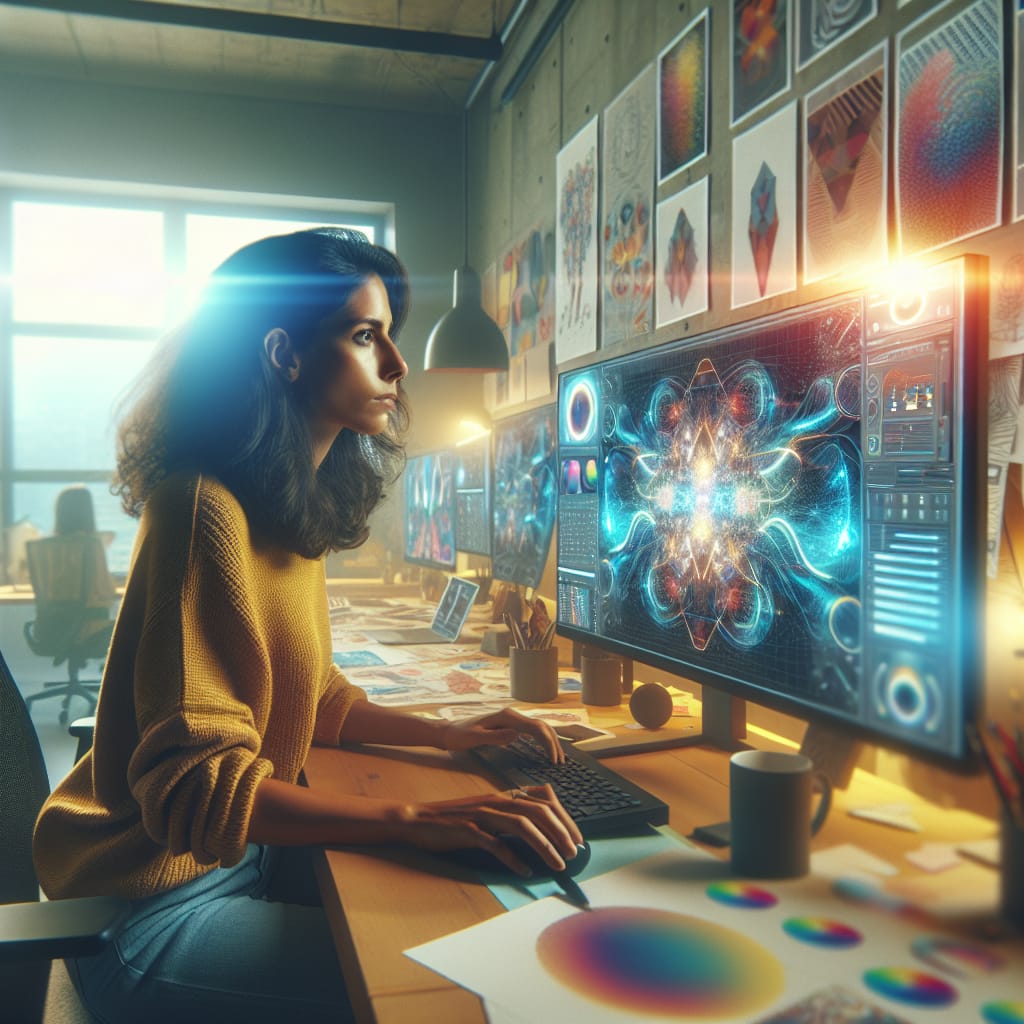Generative AI in Marketing: 7 Advanced Strategies for 2025
Creating Personalized Experiences
The ability of generative AI to create personalized experiences is revolutionizing the field of marketing. By analyzing consumer behavior, AI systems are now advanced enough to curate customized advertisements and content that resonate with individual preferences.
This AI-driven approach not only enhances consumer engagement but also significantly increases conversion rates. Algorithms can tailor ads in real-time, ensuring relevance and personal connection with potential customers. This is exemplified by Netflix’s recommendation algorithm, which uses AI to increase user retention by continuously learning and adapting to viewer preferences.
Furthermore, companies leveraging AI in personalized marketing are noting a 40% increase in click-through rates, illustrating the potential growth and user satisfaction driven by these technologies. For more on enhancing customer experience with digital strategies.
AI in Content Generation
Generative AI has significantly reshaped content creation, providing marketers with tools to produce high-quality content at scale. Platforms such as Copy.ai and Jasper are pioneering this transformation, empowering marketers to generate content that is not only unique but also contextually relevant.
These AI systems utilize natural language processing and machine learning to craft email campaigns, social media posts, and even entire blogs, mimicking human-like creativity and nuance. As a result, marketers are liberated from the constraints of time-intensive content production, allowing them to focus on strategy and innovation.
Empowering Predictive Analytics
Predictive analytics powered by generative AI is offering marketers unprecedented insights into consumer behavior. By harnessing large datasets, AI can identify patterns and predict future trends, enabling marketers to make data-driven decisions.
Industries such as e-commerce utilize these insights to optimize inventory, customize recommendations, and enhance customer satisfaction. Amazon’s AI-driven recommendation engine exemplifies this, predicting and suggesting products based on user history and purchasing behavior.
Notable Case Studies
Several organizations have harnessed generative AI to transform their marketing strategies successfully. Coca-Cola, for instance, utilized AI to create personalized video content for their “Share a Coke” campaign, resulting in a significant rise in viewer engagement and brand loyalty.
Another example is Spotify, which uses AI to provide personalized playlists like “Discover Weekly,” showcasing the platform’s ability to adapt to users’ evolving musical tastes through AI-driven insights.
Applications and Frameworks
Generative AI applications are built on advanced frameworks such as TensorFlow and PyTorch, which offer the flexibility and power necessary for sophisticated AI marketing solutions. These frameworks support neural networks that can analyze vast datasets and generate predictive insights, catering to specific marketing needs.
Innovative applications like DALL-E and GPT-3 provide marketers with visual and text-based content creation options, pushing the boundaries of what AI can achieve in personalization and customer engagement.
Emerging Trends in 2025
Looking forward, the use of generative AI in marketing is set to expand, with trends focusing on hyper-personalization, voice and visual search, and AI-driven creativity. As these technologies mature, they promise even more seamless consumer interactions and groundbreaking marketing strategies.
Hyper-personalized marketing will become the norm, with AI-crafted content tailored down to the micro-targeted demographic. Additionally, the integration of voice search technologies will create opportunities for marketers to engage with audiences in new and innovative ways.
Frequently Asked Questions
What is generative AI in marketing?
Generative AI in marketing refers to the use of artificial intelligence technologies that create customized promotional content, such as ads and campaigns, tailored to individual user preferences and behaviors.
How does AI enhance personalized ads?
AI enhances personalized ads by analyzing consumer data and behavioral patterns to curate content that is relevant and engaging for individual users, thus increasing engagement and conversion rates.
What are examples of AI frameworks in marketing?
Common AI frameworks in marketing include TensorFlow, PyTorch, and Transformers, which facilitate machine learning algorithms for developing sophisticated marketing models and applications.
Conclusion
Generative AI in marketing offers a transformative approach to personalization and consumer engagement. By 2025, marketers who embrace these technologies can expect to revolutionize customer experiences and drive substantial growth. As AI continues to evolve, industries must stay informed and agile, adopting these innovations to stay ahead.
For more insights into leveraging AI in business strategies, subscribe to our newsletter and stay updated with the latest advancements in AI and data science.



